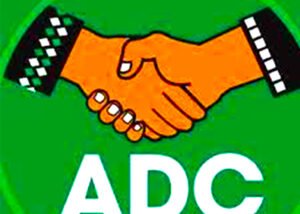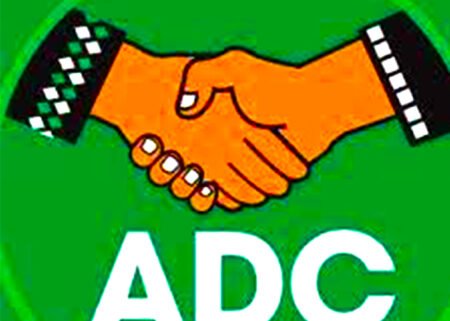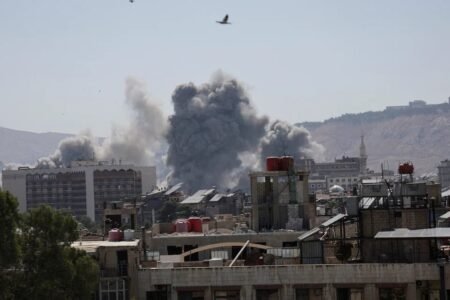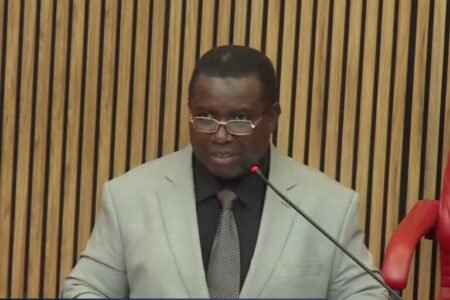Nigerian environmental groups on Tuesday criticised a government plan to restart oil production in the troubled Ogoniland, calling for a pause until substantial discussions with local communities are finalised.
Ogoniland, located in Nigeria’s coastal Rivers state, serves as a critical area of concern for pollution within the oil-rich Niger River delta region. A significant cleanup effort, amounting to $1 billion, was initiated in 2018 after an extensive study conducted by the United Nations Environmental Programme in 2011.
Over 20 organisations, such as Environmental Rights Action/Friends of the Earth Nigeria, Health of Mother Earth Foundation, and the Ogoni Solidarity Forum, have condemned the proposal, asserting that it overlooks the environmental and social harm inflicted by years of oil extraction.
On Tuesday, the groups issued a 14-point demand, criticising the government for engaging in discussions with a chosen few from the region, claiming it jeopardises the pursuit of environmental justice and the remediation of the severely polluted environment.
“This decision disregards the enduring environmental, social, and economic injustices faced by the Ogoni people and undermines efforts toward sustainable development, environmental justice, community empowerment, and cleanup of the devastated environment,” the groups said in a statement.
Ogoniland locals have a storied history of resistance to oil extraction on their land. Their struggle gained international attention in the 1990s with the execution of environmental activist Ken Saro-Wiwa and eight other Ogoni leaders by the then-Nigerian dictator Sani Abacha.
They are also calling for a $1 trillion commitment for clean-up and compensation, the immediate release of a confiscated Saro-Wiwa memorial sculpture, and a full implementation of the UN report that recommended a comprehensive clean-up of Ogoniland.
“We stand in solidarity with the Ogoni people in their fight for justice and sustainable development,” the groups concluded.










